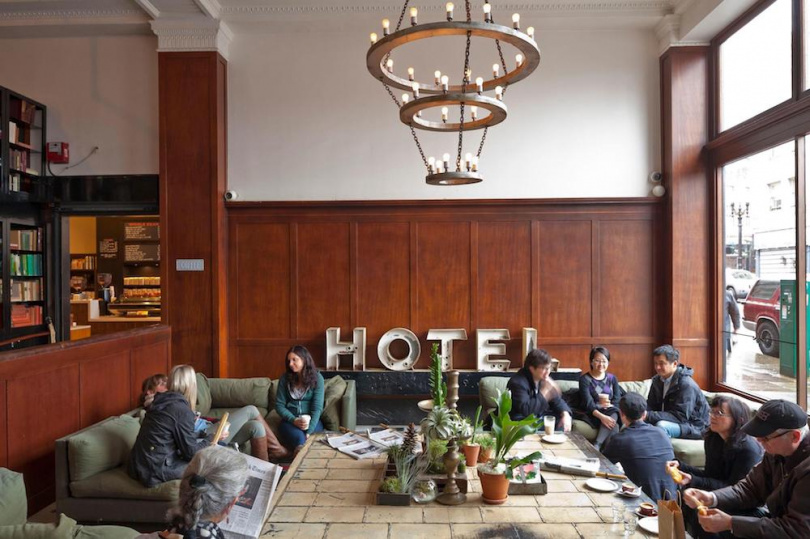
AI Takes Travel To Another Level
When vacations need planning down to the minute
Heard of Mezi, or Hopper? The apps help travelers best use their time and money to create the best business trip or vacation, according to a story by Alyssa Shorer writing for builtin.com. Mezi, Hopper, Utripp, Claire and Baarb, Inc. are just a few of the companies using AI to help consumers book flights and hotels.
Shorer describes Baarb as an intelligent personalization platform that matches travelers with hotels that best suit their needs. The platform’s comparison tool searches listings across hotel booking sites. The platform eliminates time wasted digging through hundreds of listings by taking into account personal factors like whether the traveling group is composed of friends or family, wifi needs and what activities they’re interested in.
Booking.com, Trivago and others take travel planning out of travel agents’ offices to online sources, but the apps have since morphed into serious AI interactive algorithms to better give consumers what they want.
A New York Times story describes how travel companies adopted AI and other new technologies to look more deeply into what customers want and to use that information to find faster, cheaper ways to improve their offerings. As advanced research tools become less expensive and more widely available, even start-ups in the industry are using them.
Competition is stiff in every aspect of the travel sector, so travel companies “need these mechanisms to reach their target markets,” said Alex Susskind, associate dean of academic affairs at the Cornell School of Hotel Administration.
“They need to know who wants to see pictures before they buy, who decides mainly on price, who likes to speak to someone” and why, he said.
And just how are companies going about learning what makes you stop scrolling and click on a site? At Expedia headquarters in Bellevue, Wash., travelers test aspects of online travel purchasing, sitting down in front of a computer in a small room and going through the process of booking a flight or planning a vacation. In a room next door, researchers and members of the product creation team watch a large video screen that displays what the test subject is doing and a scrolling readout of the subject’s reactions, generated by software that plots points on that person’s face and then uses a coding system to identify the person’s emotions.
In the Expedia Group product testing lab, facial recognition software gauges travelers’ feelings as they go through the process of booking hotel rooms online.
Even cruise lines such as MSC Cruises are starting to use a virtual assistant to answer passengers’ questions.
Designers from the boutique design and research firm the Gettys Group can show hotel executives new room layouts using virtual reality goggles, so hotels don’t need to build a full-scale model. An obvious time and money saver that can be made to boost profits.
TouringPlans.com, a site that uses complex algorithms, helps travelers plan the “perfect” vacation at Disney World, Disneyland, or a handful of other theme parks like Universal Studios Orlando. The premium service has subscriptions priced starting at $16 per year.
The TouringPlans app will give you every imaginable piece of information about the day you visit your chosen destination. From weather to crowd size at individual rides, minute by minute. Park visitors use the app and give it feedback on their experiences in real-time.
The travel industry will continue to blend AI and its abilities, with consumer wants and needs about moving from Point A to Point B, while they of trying to find the perfect way to make sure they enjoy the experience.
read more at nytimes.com







Leave A Comment